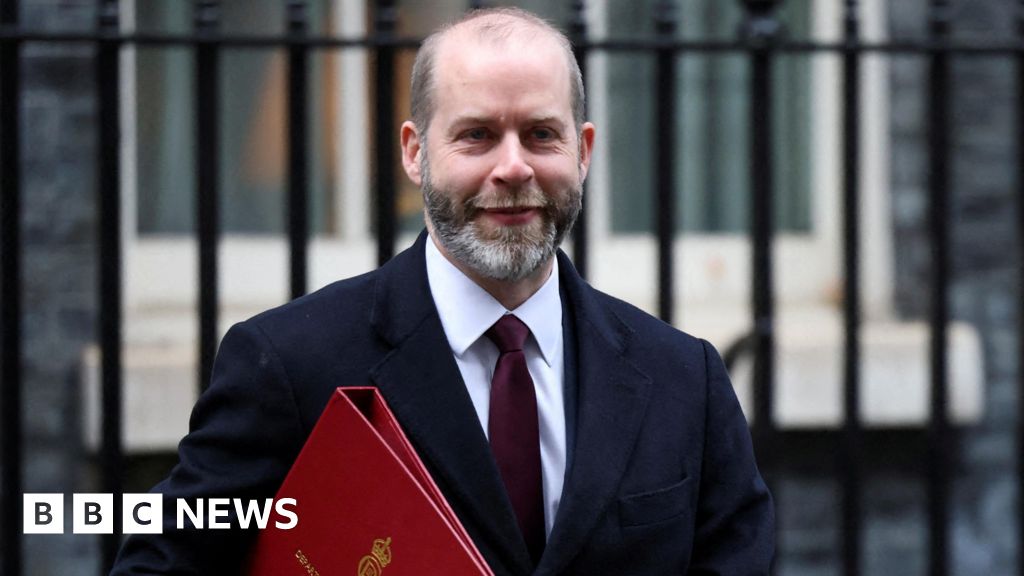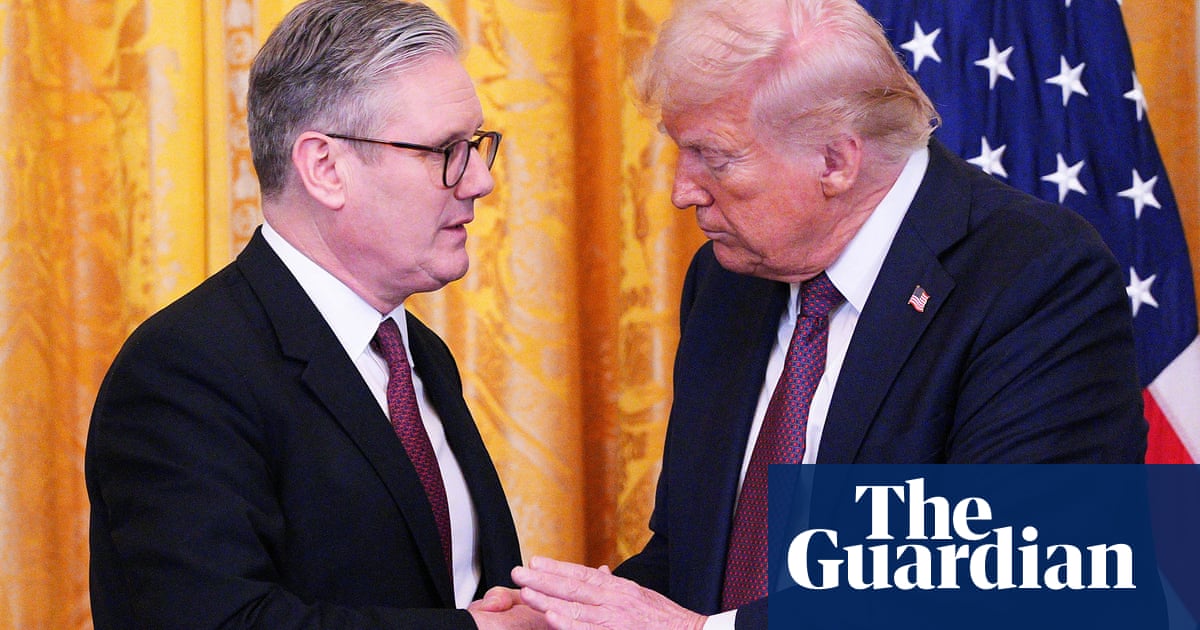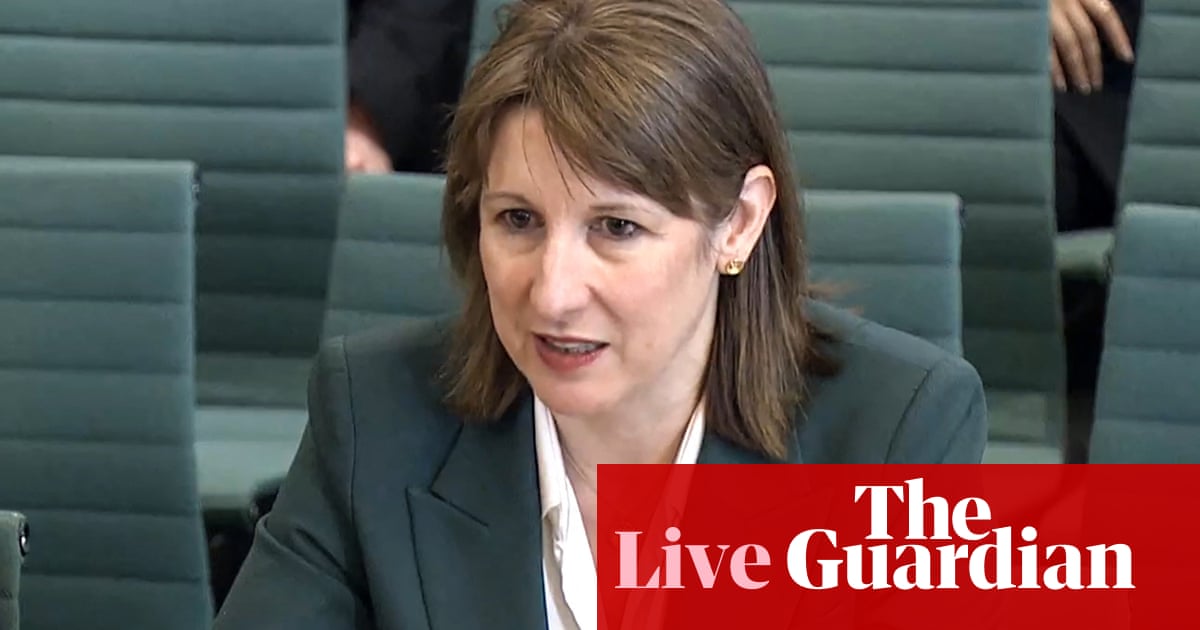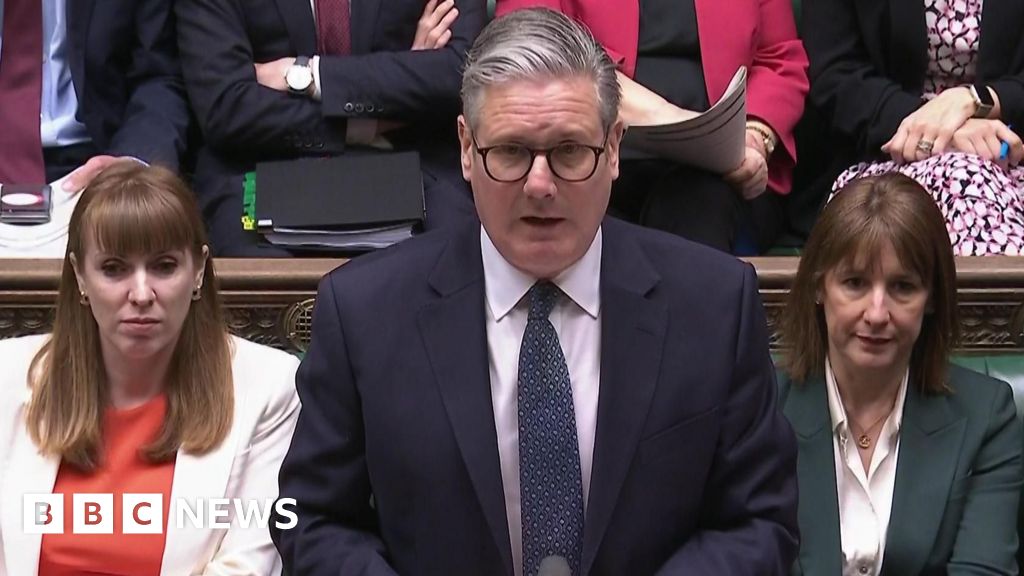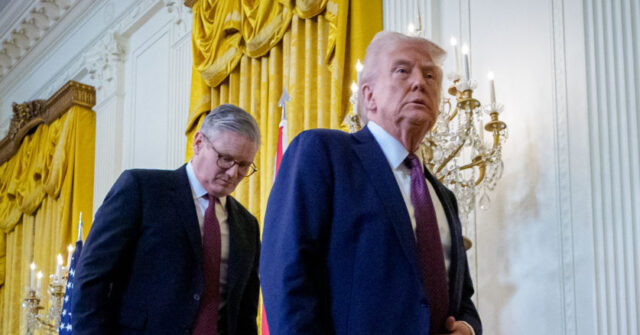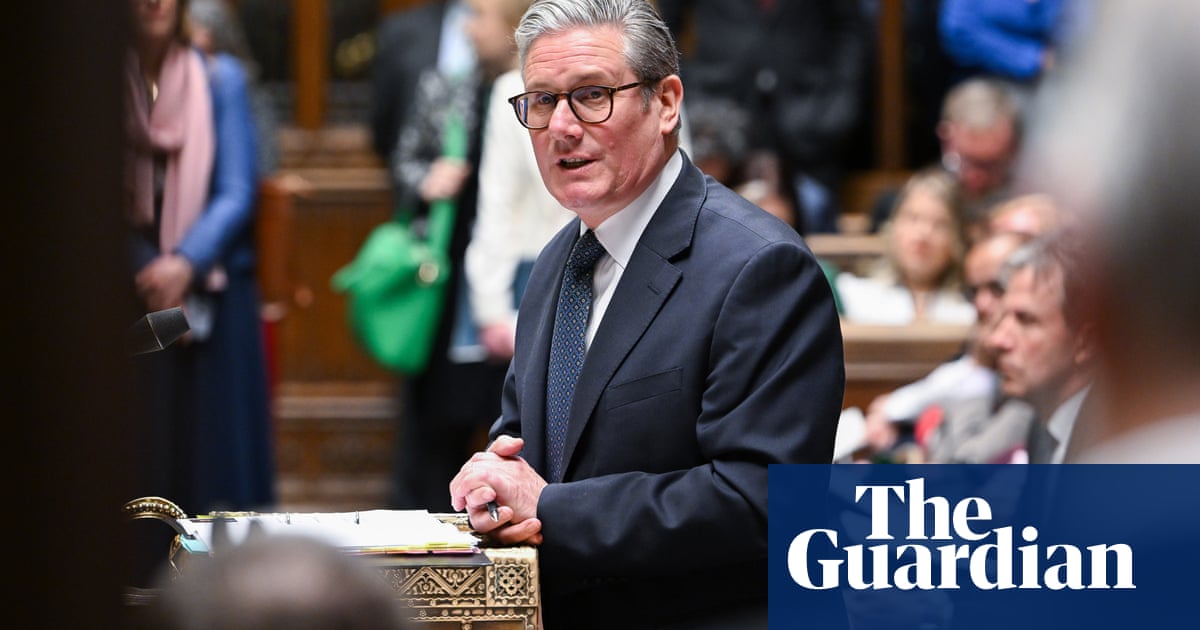UK Government Responds to New US Tariffs, Pursuing Trade Deal with Caution
Despite President Trump's 10% tariffs, the UK aims to negotiate a fair trade deal to protect jobs and avoid a trade war.
Subscribe to unlock this story
We really don't like cutting you off, but you've reached your monthly limit. At just $5/month, subscriptions are how we keep this project going. Start your free 7-day trial today!
Get StartedHave an account? Sign in
Overview
In response to President Trump’s recently imposed 10% tariff on UK imports, Prime Minister Keir Starmer and Business Secretary Jonathan Reynolds emphasize their commitment to secure a trade deal avoiding escalation into a trade war. The UK's effort to negotiate terms has seen positive industry feedback, noting that the lower tariff rate could save thousands of jobs. Reynolds stated the government is focused on calm negotiations, while the Liberal Democrats advocate for a united coalition against such tariffs. Diplomatic discussions continue, with optimism about further reducing tariffs amidst broader economic implications for the UK.
Report issue

Read both sides in 5 minutes each day
Analysis
- Prime Minister Keir Starmer emphasizes a pragmatic approach to U.S. tariffs, advocating for constructive talks rather than a trade war, while pursuing a deal that could mitigate economic impacts.
- Business Secretary Jonathan Reynolds highlights ongoing diplomatic efforts to negotiate an economic deal that strengthens UK-U.S. trade relations, asserting that the UK is in a strong position to negotiate due to its lower tariffs compared to the EU.
- Starmer's government faces opposition pressure to take a firmer stance against U.S. tariffs while maintaining a focus on collaboration with European allies and ensuring national interests are protected.
Articles (7)
Center (2)
FAQ
The automotive and pharmaceutical sectors are among the most vulnerable, with significant exports to the US. The car industry, in particular, faces a 25% tariff on vehicles sent to the US, potentially costing 25,000 jobs in the UK.
The UK is pursuing a calm and pragmatic approach, focusing on constructive negotiations with the US. Diplomatic efforts include working towards a broader economic prosperity deal and engaging with industries likely to be impacted.
A full-blown trade war could knock up to 1% off the size of the UK economy and eliminate the fiscal leeway available to the Chancellor, potentially leading to more cuts or tax hikes.
The UK's post-Brexit flexibility allows it to diversify supply chains and accelerate trade agreements with other countries, potentially mitigating the impact of US tariffs.
History
- 7M

 3 articles
3 articles
